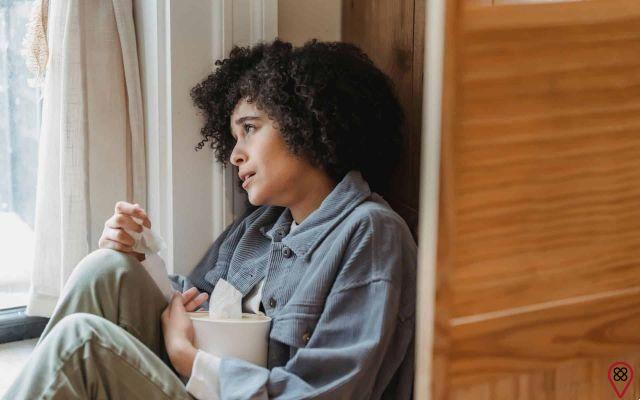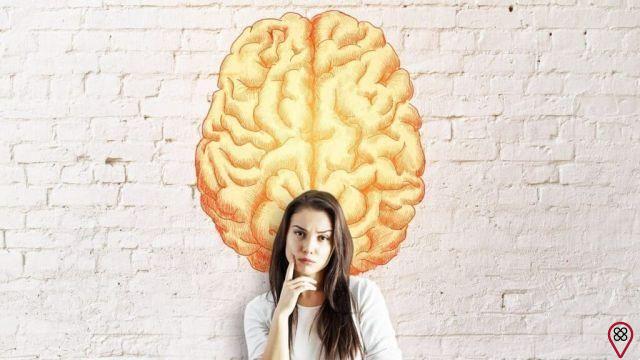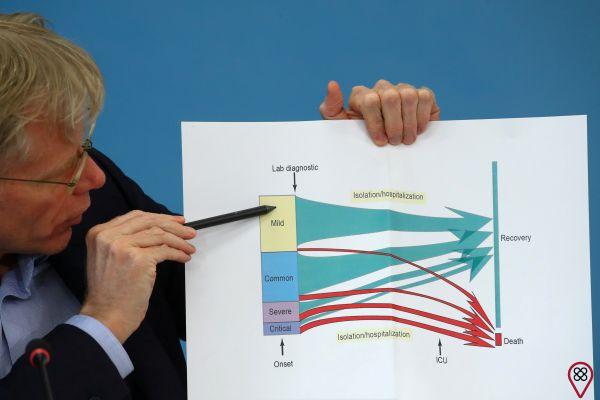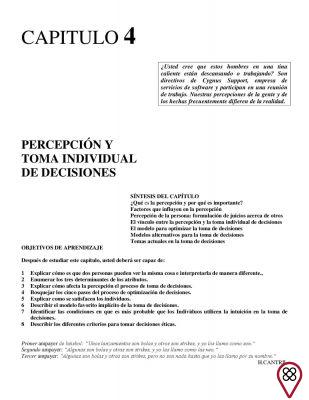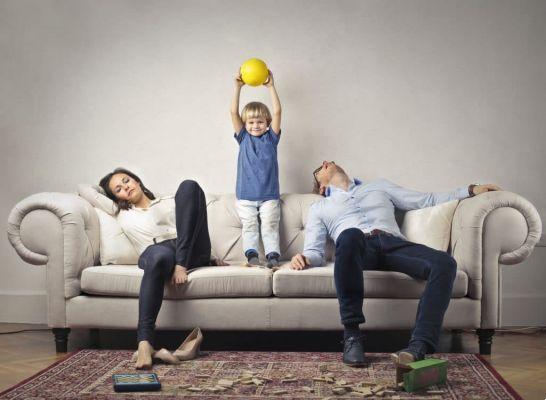The origin of the puzzle is undefined. There is no evidence of its origin or its creator. Speculation leads us to believe that the puzzle was invented by an English cartographer in 1970, who glued maps onto wooden boards and cut them into small pieces. The material helped children to learn about geography and is still present in the middle of education as a children's puzzle.
It is undeniable that this game has become a great tool for learning in schools and even at home, interacting with friends and family.
To help you understand why the game is important, we have separated 10 reasons to show how a puzzle can be beneficial for children's education, see:
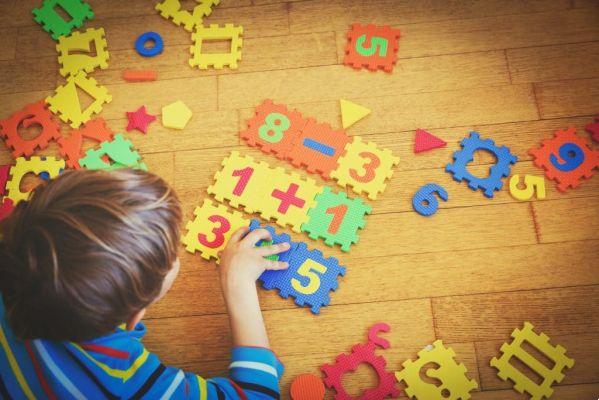
1. Develop attention
A puzzle game makes the child pay attention to the image that is proposed to him and carefully detail colors, shapes and fittings.
2. Keep the organization
The game automatically forces the player to organize piece by piece.
3. Stimulate the brain
Puzzles are full of colors, pieces that are practically the same and of different shapes. All this makes the little ones stop and learn to observe a whole before acting. Thus, the brain is working and stimulating the areas of intelligence.
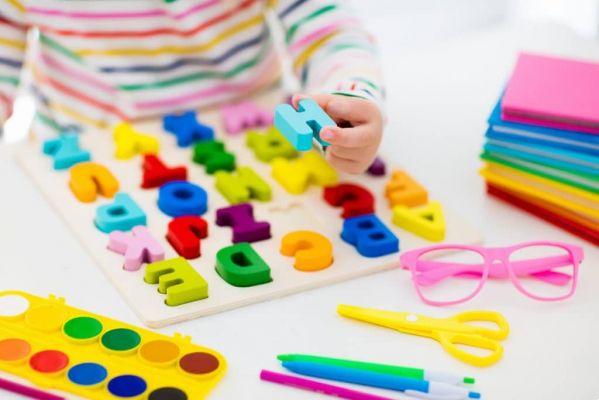
4. Exercise the ability to memorize
Accumulating information about shapes and colors makes the child's memory more “sharp”.
5. Instill perception
The game helps to establish a broader view of the possibilities.
6. Promotes social interaction
Children usually work together. A jigsaw puzzle can help those who are more shy to fit in during the game's difficulties and also in the joy of fitting a difficult piece.
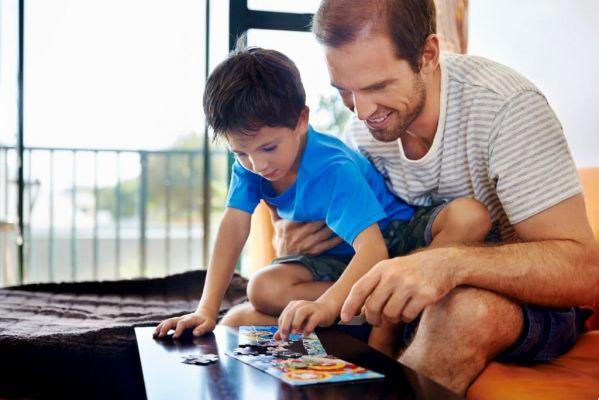
7. Shows troubleshooting paths
The child's perception becomes broader. Looking at a whole and thinking about the possibilities opens up a sea of options for a problem to be solved.
You may also like
- 5 tips to start the day right
- Poetry, Music and the Art of Inspiration
- About Winter and Depression
8. Helps with motor coordination
Playing with a puzzle helps with coordination as if it were a rehearsal: looking, picking up and fitting.
9. Cognitive skills
It helps the child to develop a broader understanding of various topics. Increases the field of view.
10. Helps with self-esteem
Completing a puzzle is having the feeling of accomplishment and that persisting is worth it.











